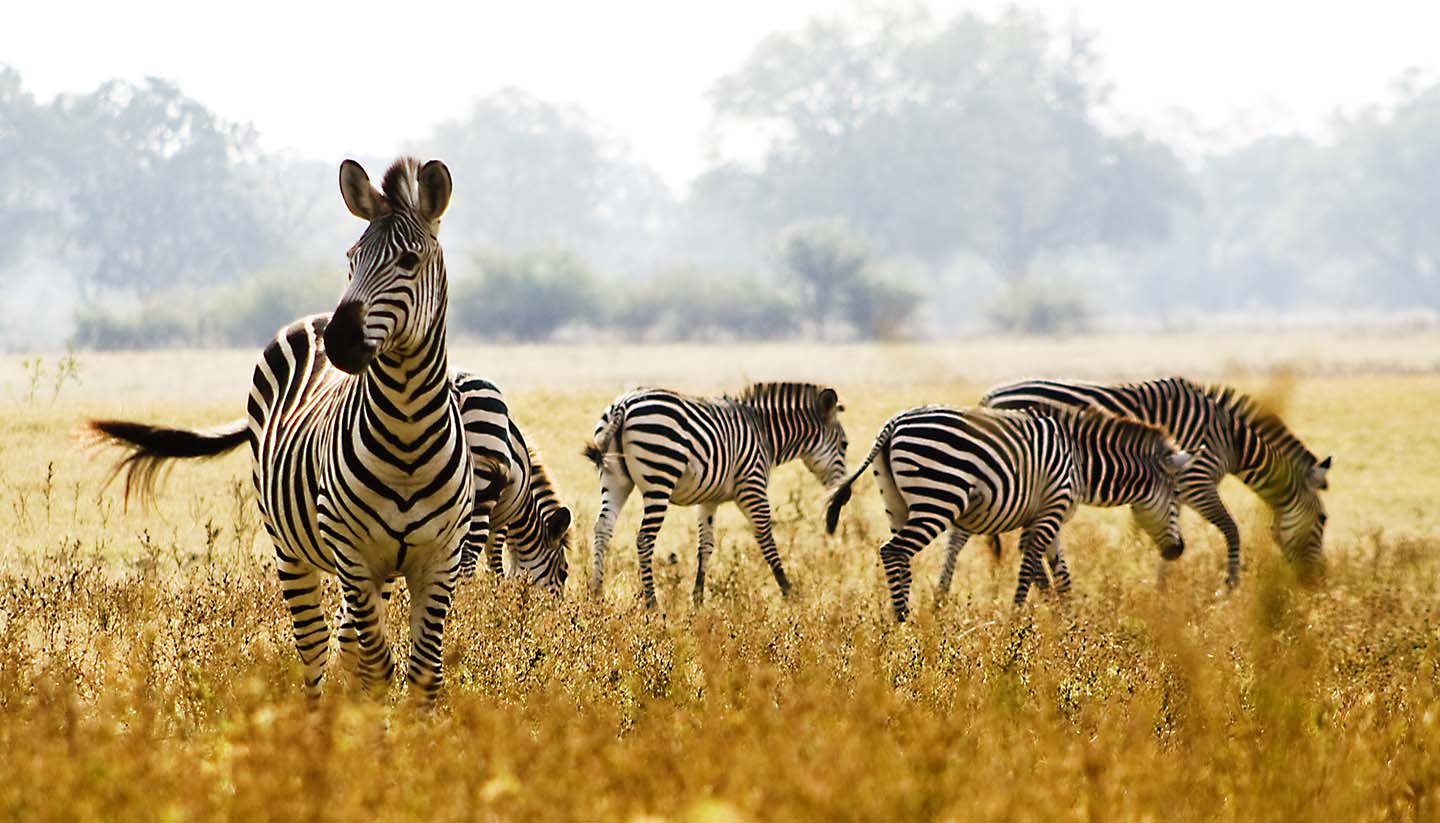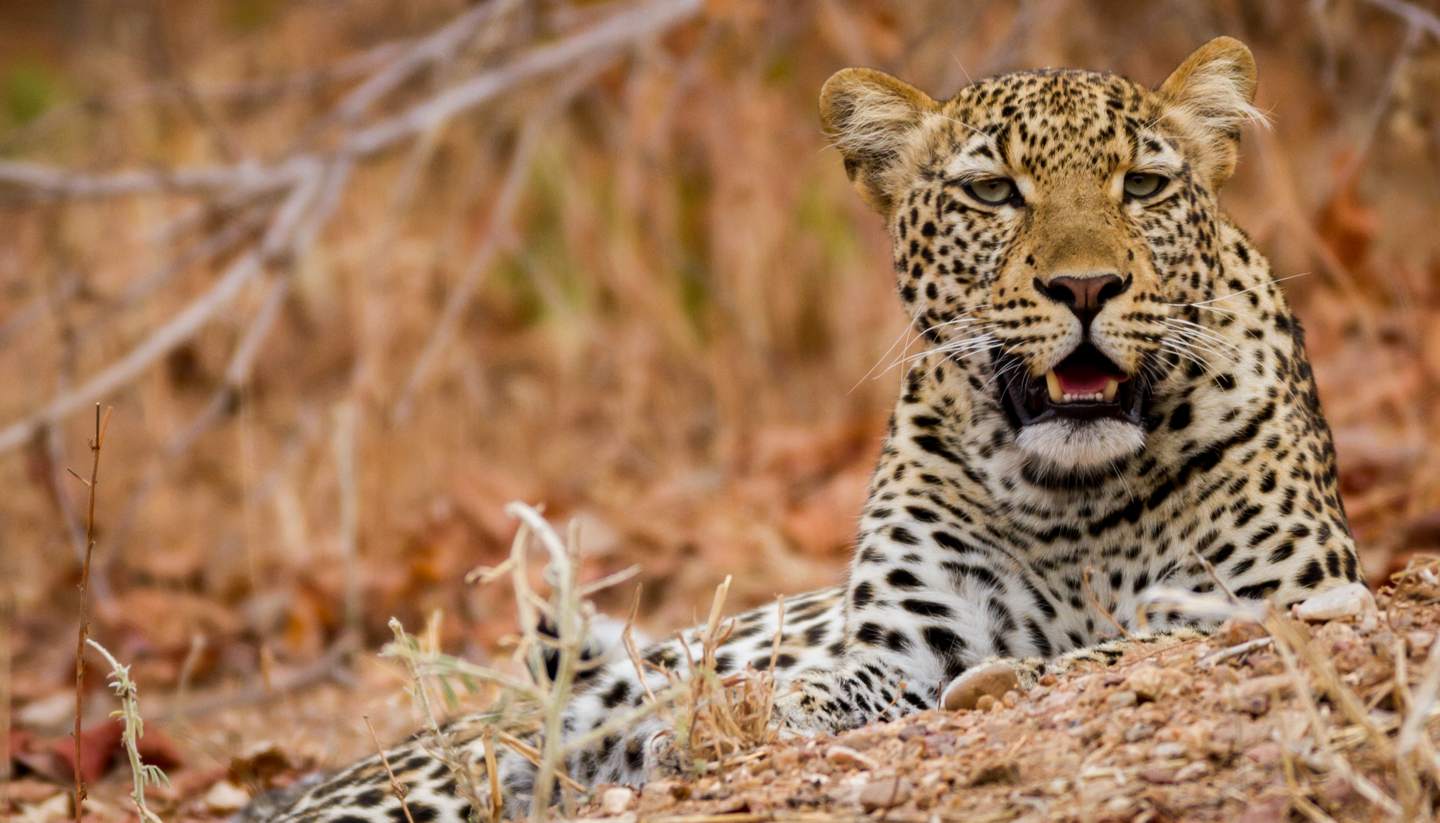Zambia Shopping and nightlife
Shopping in Zambia
Lusaka’s Great East Road, Kafue Road, Leopards Hill and suburban districts have modern shopping centres featuring bookshops, fashion and homeware stores and supermarkets. Lusaka and most other cities and towns also have open-air markets which sell fresh produce, fabric, new and second hand clothing and homewares. Lusaka’s biggest markets are on Freedom Way, Independence Avenue and west of Cairo Road. While shops offer goods at fixed prices, bargaining is the norm in the markets.
Most tourist hotels and lodges have souvenir shops. These can also be found in Lusaka, Livingstone and near national parks. They sell items designed specifically to appeal to tourists, such as safari clothing, carved wooden masks and animals, pottery and copperware, beadwork, baskets, local gemstones, handmade jewellery and bags and homewares made from batik fabric.
Some souvenir shops are run as local craftworkers’ cooperatives. Tribal Textiles (www.tribaltextiles.co.zm) in Mfuwe, near South Luangwa National Park, is a particularly good example. Its batik workshop is open to the public, allowing you to watch local workers create and copy original designs inspired by traditional patterns and the natural world. The fabrics they produce are made into beautiful homewares, bags and clothing, all of which are for sale.
It’s inadvisable to buy items made from leather in Zambia unless they come with a guarantee that the skin is from animals that have been legitimately farmed for the purpose. Very occasionally you may see items made from ivory for sale; it’s illegal to export more than one such object per person. It’s also illegal to export genuine antiquities. Game trophies such as taxidermy or items made from tooth, bone, horn, shell, claw, skin, hair or feather require an export permit.
Shopping Note
As elsewhere in the world, you should guard against petty thieves in crowded local markets by staying alert and keeping a close eye on your belongings.
Shopping hours
Mon-Fri 0800-1700 and Sat 0800-1300 (some stay open until 1700).
Nightlife in Zambia
Lusaka’s main hotels, cinemas, theatres, casinos and nightclubs host dancing, live music and floorshows, particularly at weekends. The smarter places have a dress code and an over-21s policy; some only admit over-25s. Livingstone and the Copperbelt also offer a variety of entertainments. For a more informal after-dark experience, head for a shebeen (local bar) for drinking and dancing.
The smaller towns offer fewer options but their shebeens and clubs can get every bit as lively as the better-known places in Lusaka. If you get the chance to see a Zambian band play live, you’re guaranteed a memorable experience. Traditional musicians play a leading part in any cultural celebration, performing call-and-response songs with familiar themes, accompanied by drums and guitars. Nightclub gigs may feature gospel music, rumba, Jamaican-style reggae or US-style hip hop and R&B.
Livingstone has a lively tourist-oriented entertainment scene. At or after dinner, all the larger tourist hotels lay on evening shows for their guests with traditional-style music, drumming, dancing or all three. While not wholly authentic, these can be a lot of fun. The audience is always encouraged to get up and join in. Sunset boat trips on the Upper Zambezi with drinks and snacks or perhaps a barbecue are particularly popular among travellers; again, live music often forms part of the evening’s entertainment.



